 Aisha Ahman Pategi
Aisha Ahman Pategi
Former Commissioner for Local Government, Chieftaincy Affairs and Community Development in Kwara State, Mahalia Aisha Ahman Pategi, in this interview with MANSUR ARAMIDE, discusses issues bordering on President Bola Ahmed Tinubu’s administration with the verdict that the President is doing exceptionally great.
What is your general assessment of President Bola Ahmed Tinubu’s administration?
Local government autonomy is what will hit the nail on the head. This approach indeed has the potential to address fundamental issues at the grassroots level, fostering a bottom-up development strategy. Empowering local governments can lead to more efficient governance, enhanced service delivery and stronger community engagement. This method can significantly contribute to economic growth and societal transformation that will lead to a renewed sense of hope and a change in mindset across the nation.
Honestly, local council autonomy done and implemented properly will give us the domino effect. For me, President Tinubu is doing exceptionally great. We all need to keep in mind that sustainable change doesn’t happen overnight; there is light at the end of the tunnel. I tell you for free that this local council autonomy, if implemented properly, will transform our lives and the nation.
There are agitations in some quarters for the establishment of State Police. What is your take?
Establishment of state police is a contentious issue. While it could enhance localised security and ensure that policing is more in tune with community needs, its effectiveness is contingent upon the successful implementation of local government autonomy. Without a solid foundation for accountable local governance, state police might not achieve the desired outcomes and could even exacerbate existing issues of power and resource misuse.
What is the importance of local government autonomy in Nigeria such that you support it so passionately?
Let’s think of government structure as a family. The Federal Government is the father, the state government is the mother and the local governments are the children. In this analogy, there’s even a fourth tier, which is the traditional rulers. Focusing on the third tier — the local government — its autonomy is crucial for a thriving society.
How?
Take the United States as an example. They have counties, states and a federal government. Their system works efficiently because of this structured autonomy. Citizens can address issues directly with their local government officials that will ensure swift resolution. This model allows state governors to focus on broader developmental goals rather than being bogged down with local issues that don’t necessarily need their direct intervention. It’s about empowering each level of government to perform optimally, which ultimately benefits the community bottom-up.
How does this relate to the recent actions of President Tinubu taking the 36 states to court over local government autonomy?
The president’s decision is commendable. It shows commitment to constitutional provisions for local government autonomy. This move is crucial for Nigeria’s progress as it aims to clarify and enforce the distribution of power among federal, state and local governments.
How do you envision this legal action impacting local governance in Nigeria?
If successful, it would reinforce the autonomy of local governments and that would ensure better resource control, management and eventual service delivery. It will allow community leaders to address their needs more effectively and allow governors to focus on larger-scale development projects. This approach can lead to a more efficient and responsive government overall.
You have had a personal experience as a Commissioner for Local Government in Kwara State. Could you share some insights you got during your tenure?
My appointment as commissioner for local government should be credited to Governor AbdulRahman AbdulRazaq for his foresight. Being a woman, it came with skepticism. I’ll always be grateful.
When I was appointed, it was seen as a less significant role. I was the laughing stock that night and I remember vividly responding on a WhatsApp platform that when the universe throws stones, you ensure you build a bridge. Anyway, that’s what you get with the right kind of women facing challenges that look impossible. But we deliver once we take on our roles.
So, I saw the potential and hit the ground running. For example, when I took over, the ministry only had one Internally Generated Revenue (IGR) source, struggling to generate a million naira yearly. Within three months, we increased the yearly revenue from under N1 million to N10 million by addressing leakages. You can now imagine how much could be made in a year with optimised opportunities. Remember this is just one of many of the IGR sources of the local governments. The opportunities in local governments are enormous. Honestly, an average local government can generate IGR in billions of naira. Local governments can stand independently without federal allocation if we have the political will to implement the needful. This experience showed that with proper management, local governments can significantly contribute to states’ development.
What’s your message for the state governments and the general public on this issue?
Supporting local government autonomy should not be seen as a loss of power by the state governments but as an enhancement of governance structure. Strong local governments mean a more balanced and effective system. I urge the public to support this cause because it secures better services and accountability at the local level. It’s about creating a government that is truly by the people and for the people.
What are your hopes for the future of governance at the local level in Nigeria?
The only way out of the hole for Nigeria is adopting a bottom-up approach. I honestly can’t stop lauding our president for this bold move. I hope to see a Nigeria where local governments are fully autonomous and capable of driving sustainable development. This means empowered local leaders, improved service delivery and a vibrant, responsive democratic system that benefits all Nigerians.
How would you rate Governor AbdulRahman AbdulRazaq’s performance in the last five years?
I supported Governor Abdulrazaq for his second bid for office for certain reasons. First is his key attribute; he’s got listening ears. Honestly, his humility is topnotch; he is a man that can strike friendship with a suya man. According to Abraham Maslow, the third hierarchy of human needs is giving one a sense of belonging. When one is given a listening ear and action taken as a result of being heard, it can definitely inspire and ignite that hope in a person that the future is bright.
Aside from this, he has just unveiled the Ilorin City Master Plan 2042, which shows he is a great planner and a strategist. Keep in mind that he is also an achiever. Nothing meaningful can be achieved without proper planning. So, I believe his years as an administrator will be unprecedented.
Again, he is giving the average child in Kwara State hope. He has raised the hope that a child of nobody can become somebody. For me, these are huge achievements we most times ignore and tend to focus too much attention on roads, renovation of schools, social investments and all. But I can tell you for free that these aren’t our challenges, because to be fair to all other past governments, they all did their fair share of infrastructure projects. But what is truly sustainable is the hope you inspire in people that will motivate them to believe in themselves. Remember that a nation’s greatest capital is its human capacity; once we are able to get it right by inspiring and equipping our citizens by harnessing their full potential, we shall be sure that the nation will rebuild itself and together we can go far as quoted by Maya Angelou: “I’ve learned that people will forget what you said, people will forget what you did, but people will never forget how you made them feel.”
Governor Abdurazaq has underscored his commitment to strategic development and inclusive governance. These attributes, coupled with his focus on giving hope to the youth and women, are significant achievements. While infrastructure projects are essential, the inspiration and sense of belonging he provides to the citizens are vital for the future of Kwara, Nigeria and humanity. According to Abraham Maslow, the third hierarchy of human need is love and a sense of belonging; they are very crucial to our human potentiality.
What will you say about women in politics? Are they well represented in the political calculations of the country?
Hmmm!!! Permit me to be blunt, my brother. We women are the architects of our underrepresentation. You may wish to ask me why. Take a cursory look at our democracy; take the recent Edugate for example. Instead of women collaborating and working together as a team, what happened? Many women have sabotaged each other in the history of women in politics. So, I honestly feel it’s time we stop playing the victim mentality and ensure we team up and stand united. We should put aside our unhealthy competitions and differences and be our sisters’ keepers.
I also want to use your medium to encourage professional women, women of virtue to bring their chairs to the table. Don’t forget that when it comes to voting, women are the ones who lineup in numbers. So, I’m advocating that women across the board kindly vote and support women vying for elective positions. We hold the dice; so let’s unite and say “otoge.” Enough is enough; we need to remember that no one will hand over power to us. And when it comes to policy and crucial decision making, nature has gifted us with stronger intuitions; we are the bedrock of our families.
Honestly, the underrepresentation of women in politics is often exacerbated by internal divisions. It is essential for women to unite, support each other and overcome the victim mentality. By collaborating and backing women candidates, we can significantly increase our representation and influence in political spheres. As the saying goes, “You build a woman, you build the nation.” Therefore, it is imperative for women to stand united and claim their rightful place in political decision-making.

 6 months ago
27
6 months ago
27

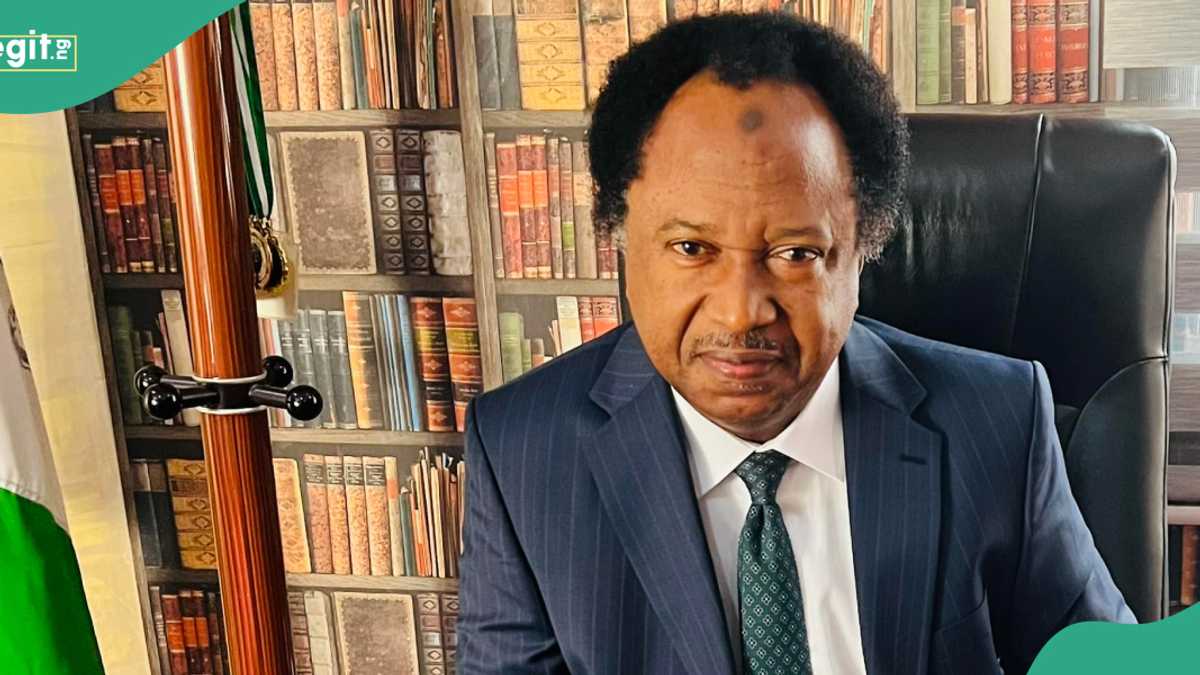

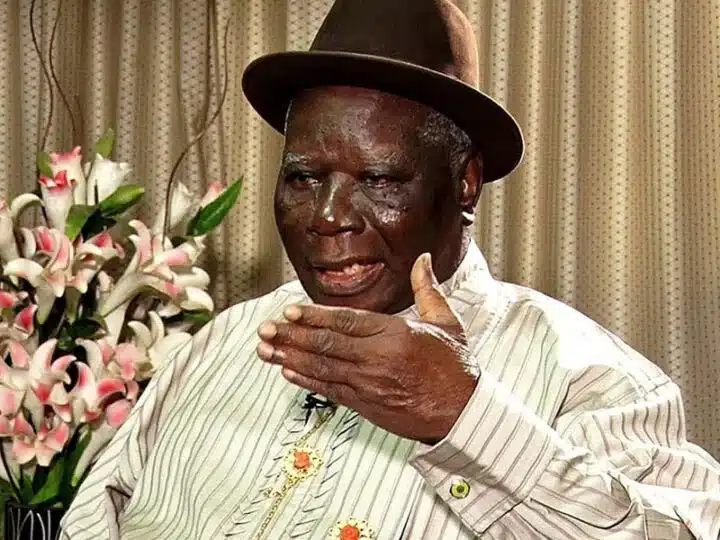
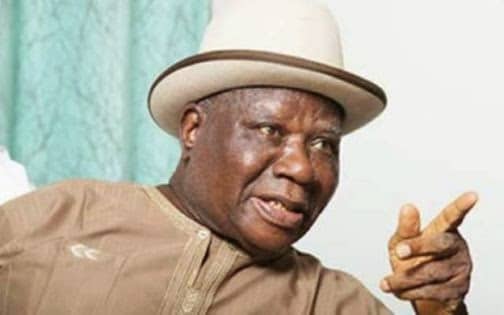
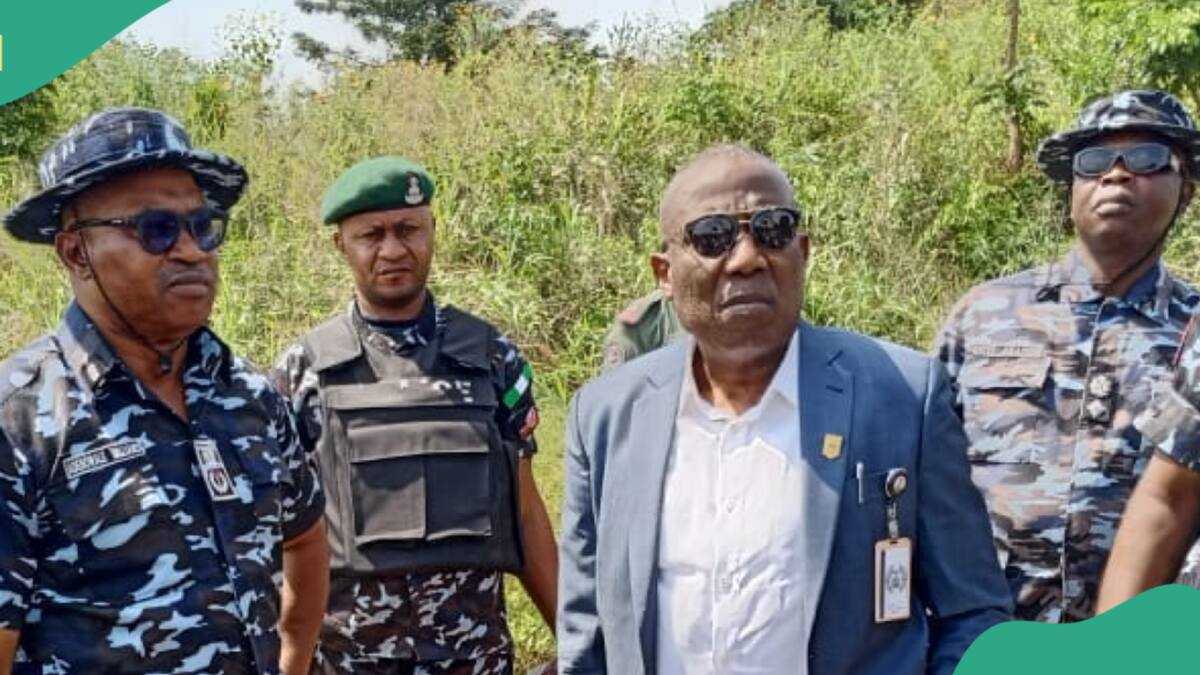



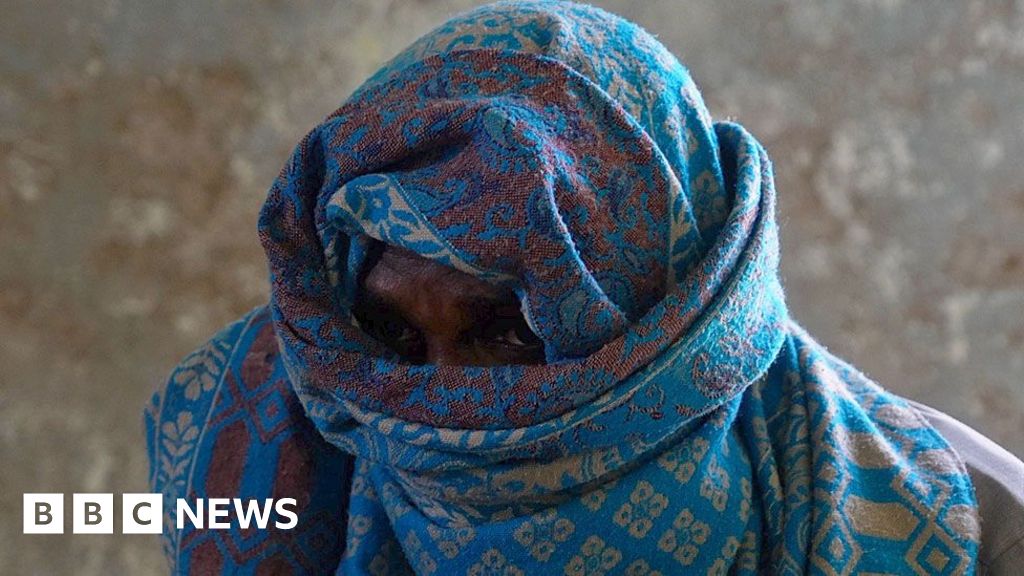
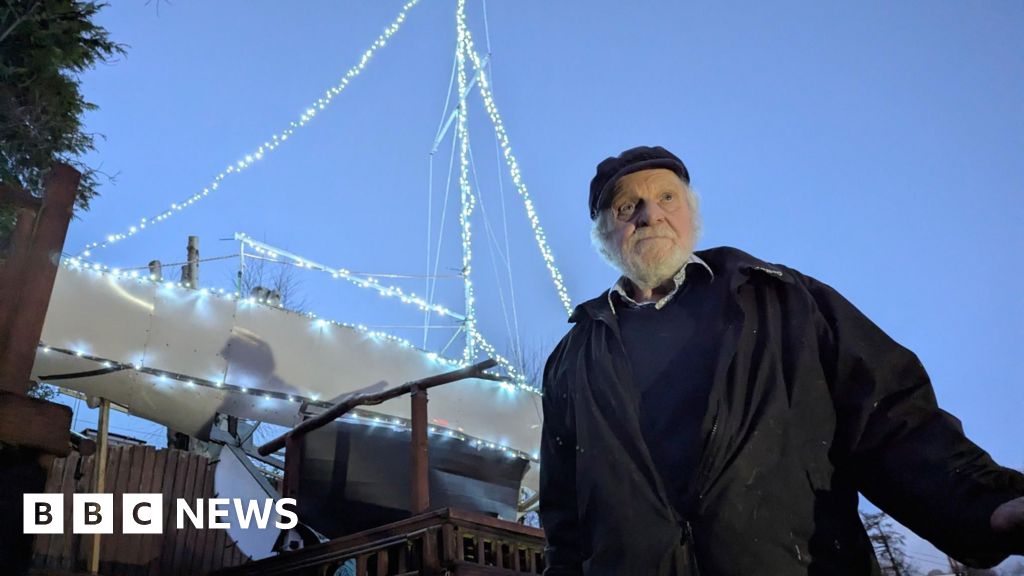
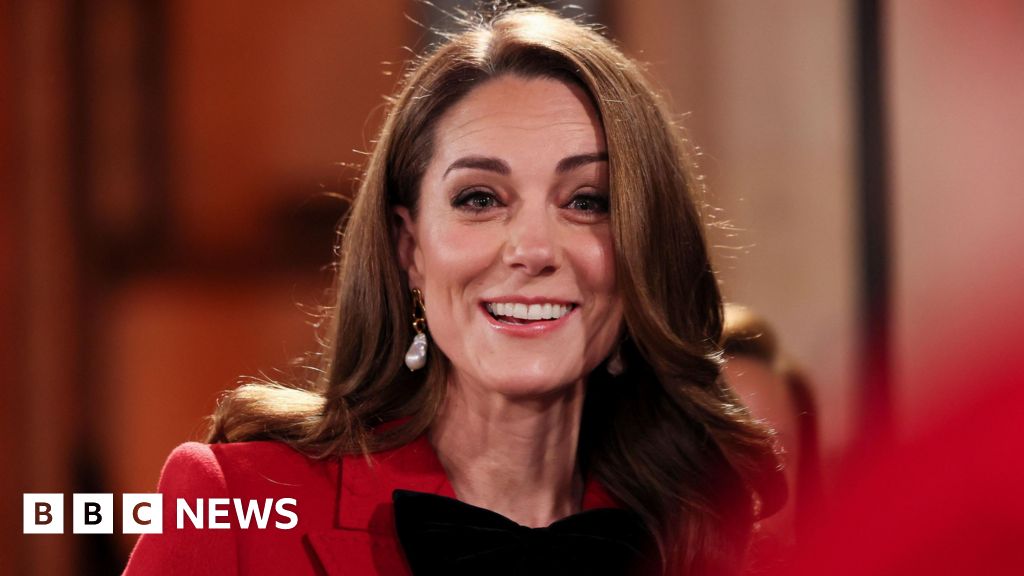
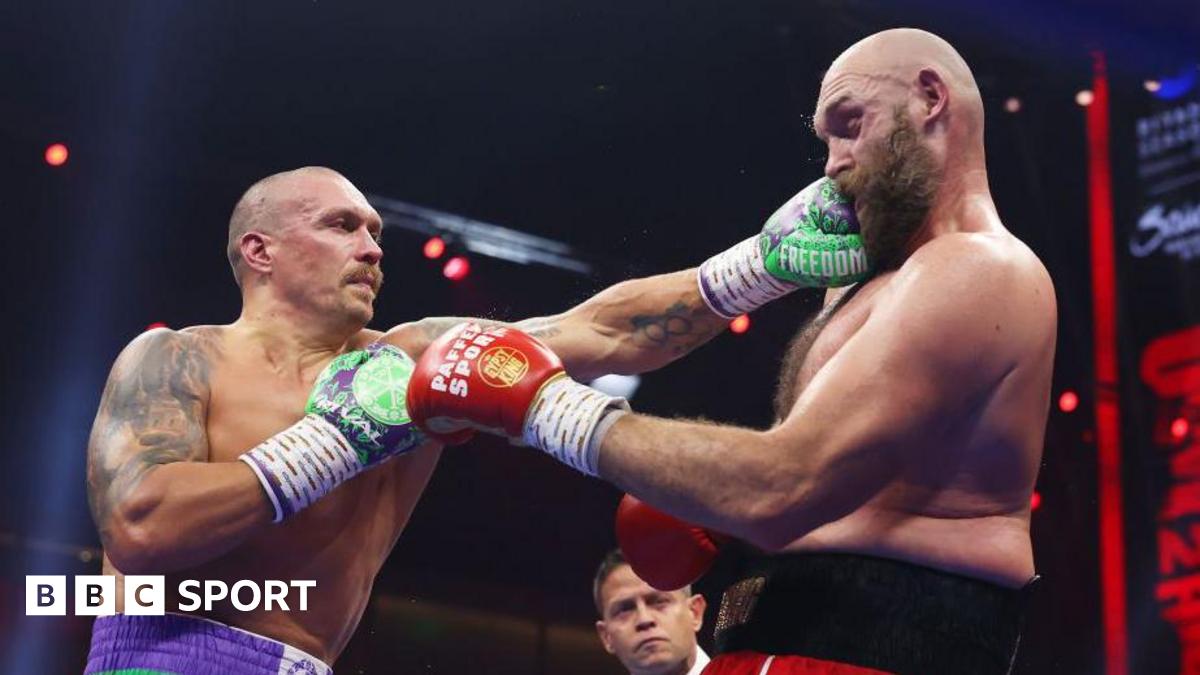

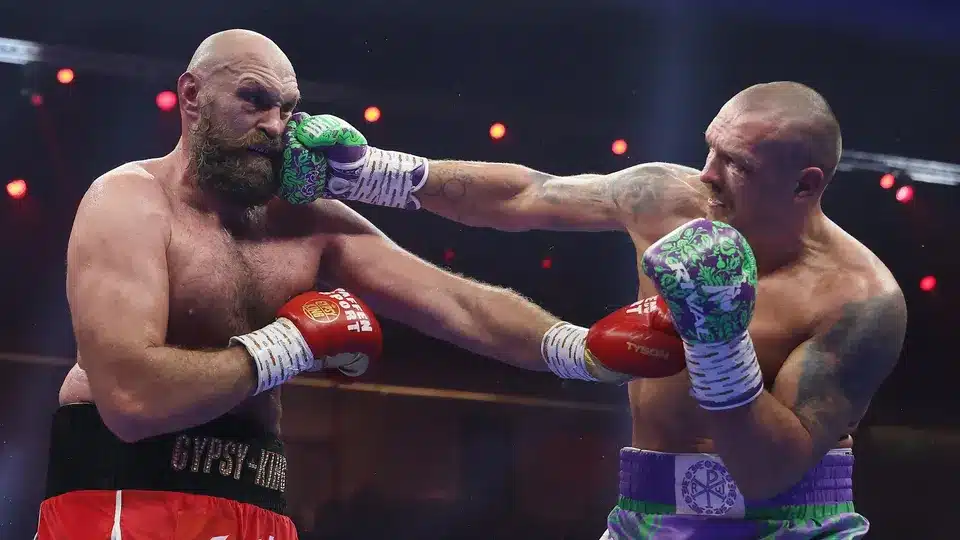
 English (US) ·
English (US) ·